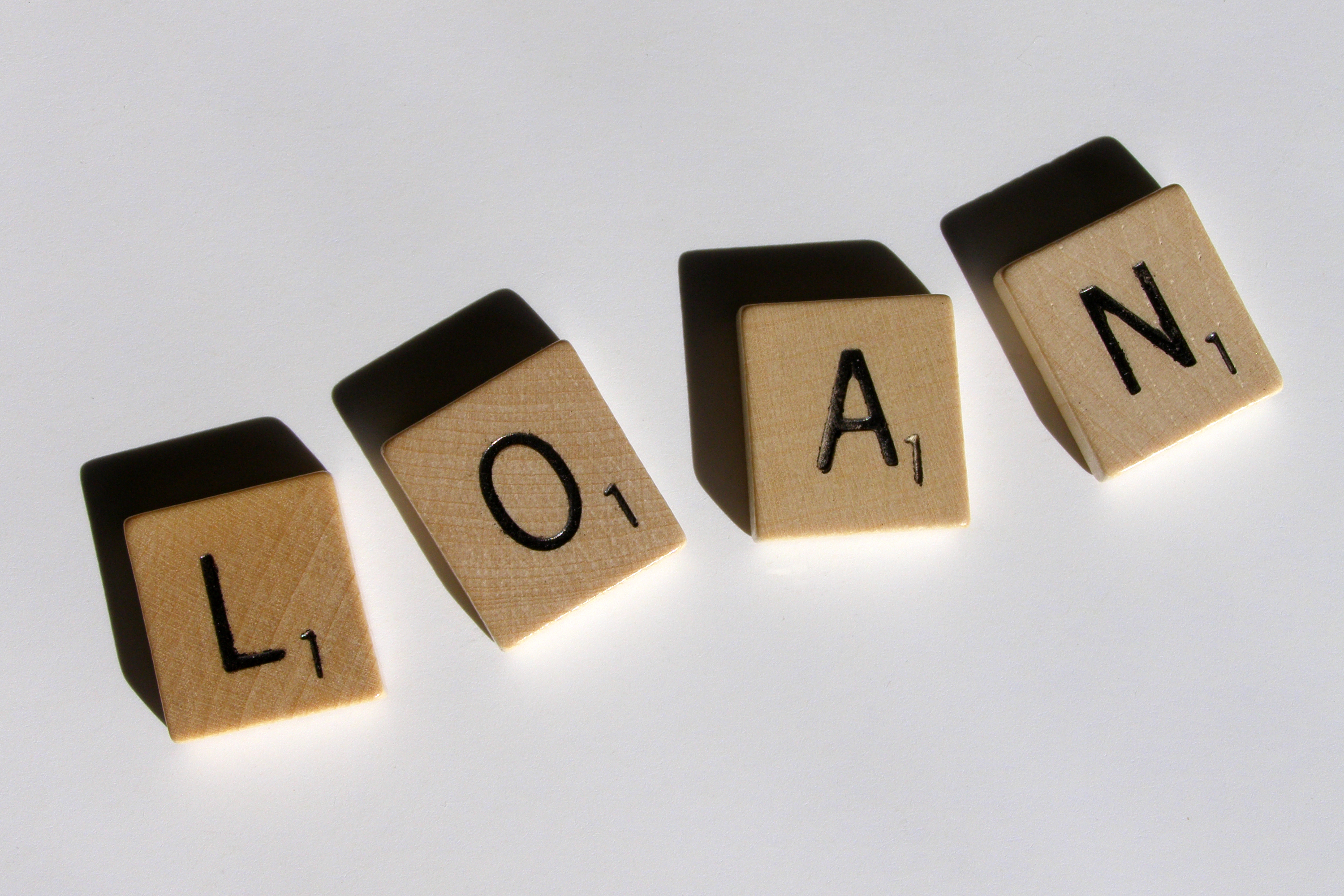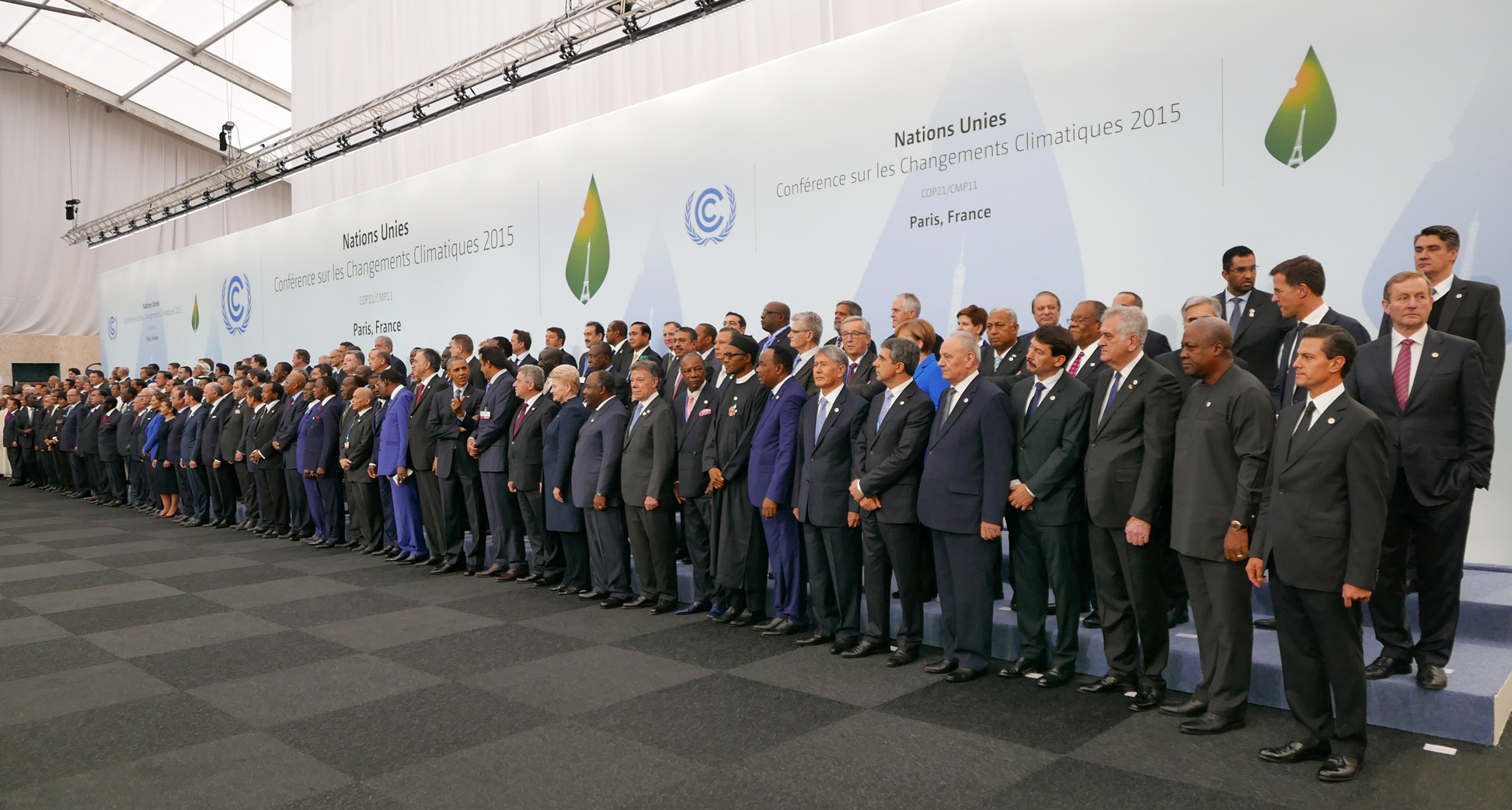The war years in Lebanon were particularly ugly near the end. I was 16 years old when the bottom fell out from under the lira, and the currency collapse changed everything. People lost their jobs. Wealth vanished. Desperation reigned. We were used to being terrorized by bombs, bullets and ever-accurate mortar shells. Financial terrorism proved even worse.
Crooks preyed on distressed and vulnerable people who, even if they might have known better, still fell for their scams. Fear that your family would starve or be pushed onto the street, however, did not inspire the best decisions. Criminality was everywhere. Certain unscrupulous types were approving loans they knew would fail to get their hands on land or property at obscenely low prices. It was a morality-free zone.
Last December, seeing an advertisement designed to dupe people who lack a social safety net brought back some of my worst memories. We’ve been living through an economic disaster the past few years, and all signs point to distress. Even our drug trade is flourishing again. I fear for what we’re becoming. I don’t want to live in a country of outlaws, isolated from the global economy. I want a country where honest hard work and entrepreneurial risk taking are respected and rewarded.
Executive has spent more than 16 years advocating for ways our government officials can make Lebanon better for all. We must remember, however, that building a prosperous country requires individual initiative and individual responsibility. Our focus in 2016 on business ethics includes a series of warnings we all must heed. We take a look at the many opportunities that adherence to international best practices can provide.
This month we report how Beirut should position itself as a hub for private banking with an ethical investment focus. Money can be made honestly, and we mustn’t forget that. We have been sailing back into the morality-free zone. It’s time to reverse course.




 According to Sarah Hunaidi, CSB’s communication director, CSB relies heavily on the community’s participation in its vision. As
According to Sarah Hunaidi, CSB’s communication director, CSB relies heavily on the community’s participation in its vision. As  CSB’s main source of income is sponsors but the school also relies on its Ready to Wear line, designed in-house and showcased twice a year at different venues and events around Beirut, to become more self-sustainable with time. “All proceeds from the sales go back to the school,” says Goulordava. CSB also holds fundraising parties, workshops and exhibitions. Events like these help expose students to challenges and opportunities in the fashion industry and allow them to showcase their one-of-a-kind pieces, win competitions and possibly get recruited by professional Lebanese designers. “It is not only about free education, but about access to the design world that’s very hard to get into if you do not have the financial means,” she explains.
CSB’s main source of income is sponsors but the school also relies on its Ready to Wear line, designed in-house and showcased twice a year at different venues and events around Beirut, to become more self-sustainable with time. “All proceeds from the sales go back to the school,” says Goulordava. CSB also holds fundraising parties, workshops and exhibitions. Events like these help expose students to challenges and opportunities in the fashion industry and allow them to showcase their one-of-a-kind pieces, win competitions and possibly get recruited by professional Lebanese designers. “It is not only about free education, but about access to the design world that’s very hard to get into if you do not have the financial means,” she explains.

 After our talk I walk around the workshop between rows of different designs, patterns and colors, discovering a hub where creativity takes a life of its own. Students are absorbed in their world of imagination as I take a peek at their work and speak to a couple of them. Ahmad, a 22-year-old who studied Interior Architecture at the Lebanese University, showed me his sketches and collages of androgynous women and men, explaining his desire to eradicate predetermined judgement in our society. 26-year-old Noor’s collection stems from a lucky mishap, when she accidentally placed fabrics too close to a heater. When she saw how the texture of the material changed, she had a lightbulb moment and decided to use the heater as a tool to create a bubble-like esthetic, mimicking the moon’s surface.
After our talk I walk around the workshop between rows of different designs, patterns and colors, discovering a hub where creativity takes a life of its own. Students are absorbed in their world of imagination as I take a peek at their work and speak to a couple of them. Ahmad, a 22-year-old who studied Interior Architecture at the Lebanese University, showed me his sketches and collages of androgynous women and men, explaining his desire to eradicate predetermined judgement in our society. 26-year-old Noor’s collection stems from a lucky mishap, when she accidentally placed fabrics too close to a heater. When she saw how the texture of the material changed, she had a lightbulb moment and decided to use the heater as a tool to create a bubble-like esthetic, mimicking the moon’s surface.





